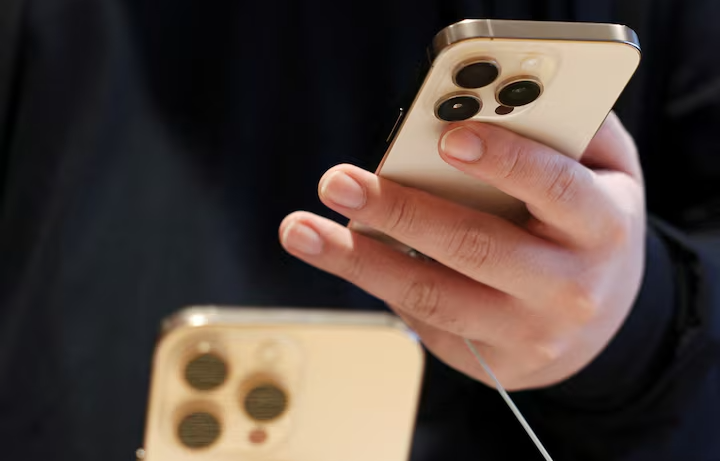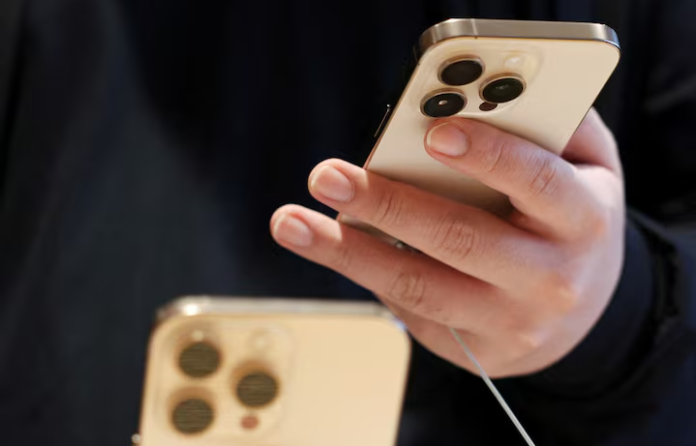Apple has been dealt a major blow in a long-running legal battle over 4G technology. A UK court has ruled that the tech giant must pay $502 million to Optis Cellular Technology LLC for infringing on patents used in devices like the iPhone and iPad.
The Court of Appeal in London delivered the verdict on May 1, concluding that Apple owes the U.S.-based firm a lump sum for licensing rights to its 4G-related patents from 2013 through 2027. The amount excludes interest and represents the cost of a global license agreement covering Apple’s past and projected sales over that 14-year period.
Optis, based in Texas, first sued Apple in 2019, arguing that the Cupertino-based company had been using its essential 4G technology without proper licensing. The patents in question are critical to maintaining industry standards for 4G mobile networks, making them indispensable to modern smartphones and tablets.
This case is just one of several that have emerged as companies push back against what they claim are “patent trolls”—firms that hold patents but do not manufacture products themselves. Apple has been vocal about this, with a company spokesperson expressing disappointment in the court’s decision and stating that they plan to appeal.
“Optis makes no products and their sole business is to sue companies using patents they buy,” the spokesperson said. “We will continue to defend against their attempts to extract unreasonable payments.”
Optis, however, had a different take. In a statement, the company welcomed the ruling, saying it rectified a previous judgment they felt grossly undervalued the worth of their intellectual property.
“We are pleased that the court recognized the true value of our patents,” an Optis spokesperson noted. “This decision marks meaningful progress in ensuring companies like Apple fairly compensate the innovators whose technology powers global connectivity.”

Last year, London’s High Court ruled that Apple should pay just over $56 million for using Optis’ patents. But Optis challenged that amount, calling it insufficient. The Court of Appeal’s new $502 million ruling drastically revises the compensation and could set a precedent for how other tech giants handle licensing fees related to standard-essential patents.
At the heart of the dispute are FRAND terms—Fair, Reasonable, and Non-Discriminatory licensing conditions—that companies must follow when using standard-essential patents. While FRAND terms are supposed to keep licensing fair, their interpretation is often a legal gray area that lands tech companies and patent holders in court.
This ruling is significant not just for Apple, but for the broader tech industry. It underscores the legal and financial risks of using patented technologies without formal agreements and raises questions about how intellectual property should be valued in an era where connectivity is everything.
Whether Apple’s appeal will overturn the decision remains to be seen. For now, the court’s ruling sends a clear message: even the biggest names in tech are not above paying for the technology they rely on.



